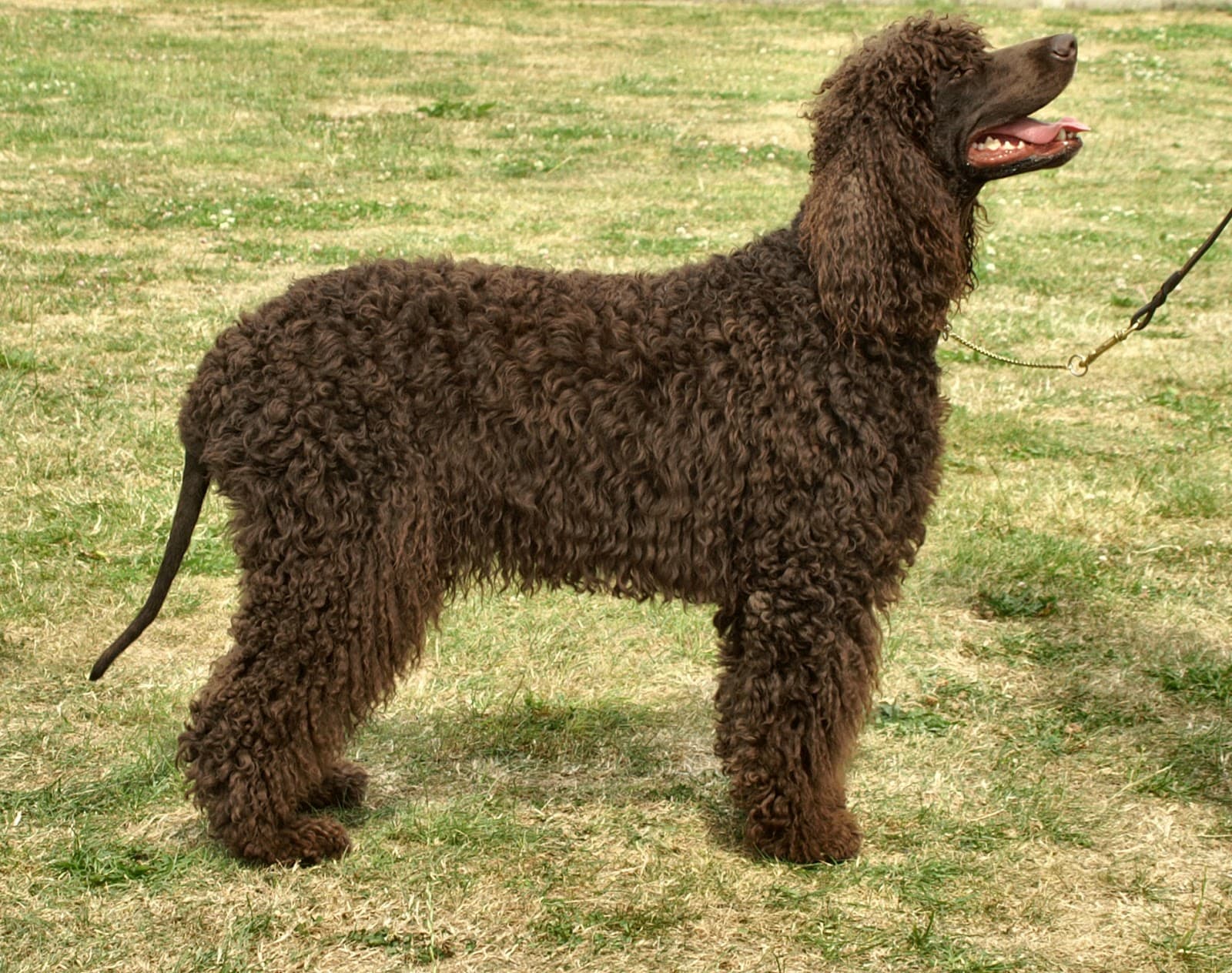What Makes Spaniel Breeds Special?
Spaniels are known for their gentle temperament, expressive eyes, and silky coats. They excel as both hunting companions and devoted family pets.
Affectionate Nature
Spaniels are renowned for their loving, gentle personalities. They form deep bonds with their families and thrive on human companionship, making them excellent family dogs.
Versatile Workers
Many spaniels were bred for hunting, excelling at flushing and retrieving game. This working heritage makes them intelligent, trainable, and eager to please.
Beautiful Coats
From the silky ears of Cocker Spaniels to the feathered legs of English Springers, spaniels possess stunning coats that require regular grooming but reward with elegance.
Types of Spaniel Breeds
Spaniels are typically divided into three categories based on their original purpose and characteristics.
Sporting & Hunting Spaniels
These active spaniels were bred for flushing game birds from cover. They're energetic, athletic, and make excellent companions for active families.

Cocker Spaniel

Brittany
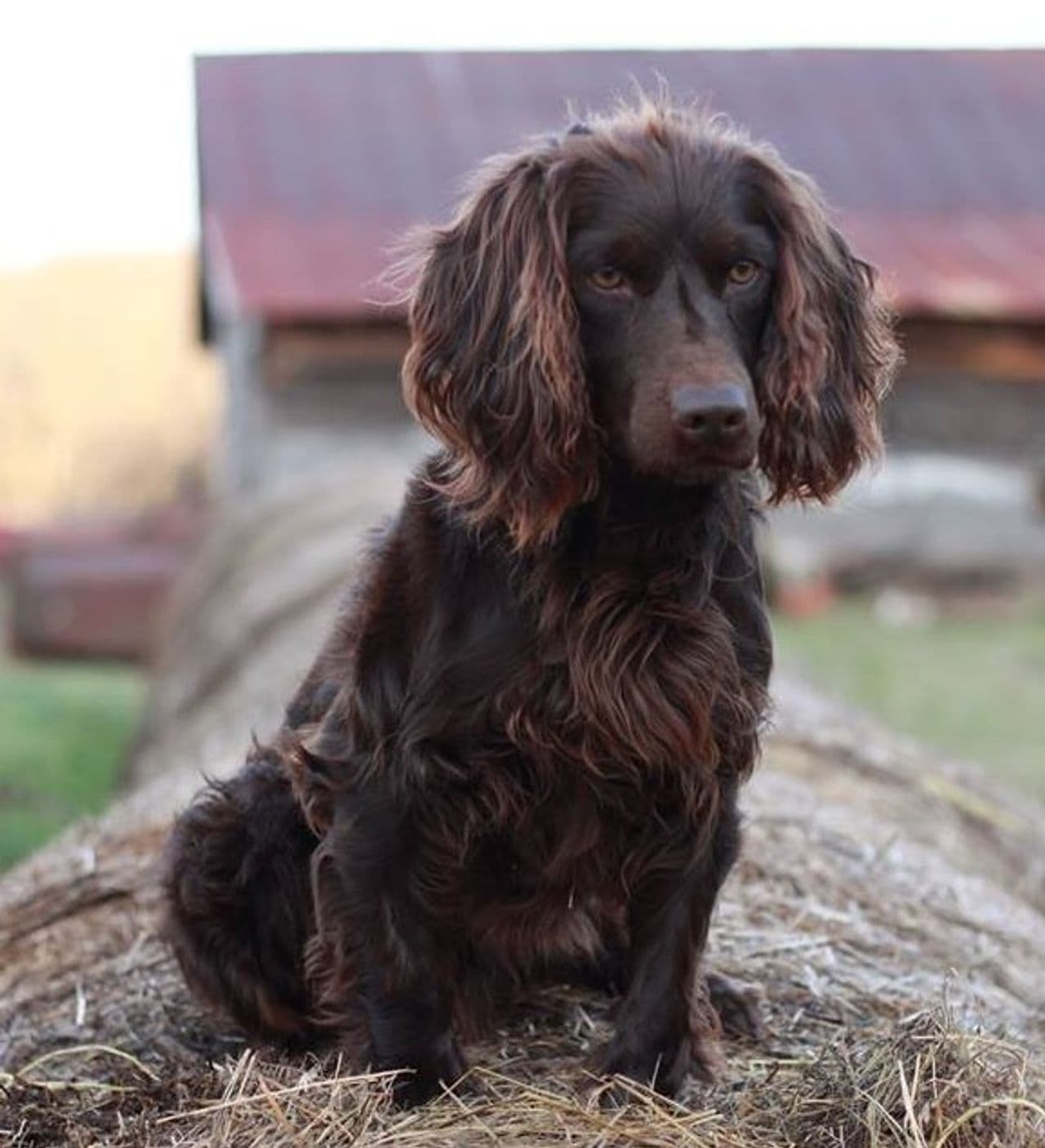
Boykin Spaniel
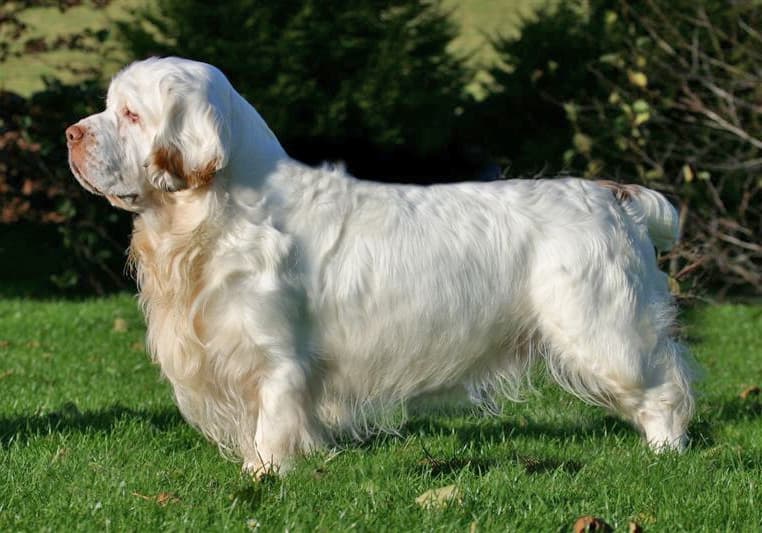
Clumber Spaniel
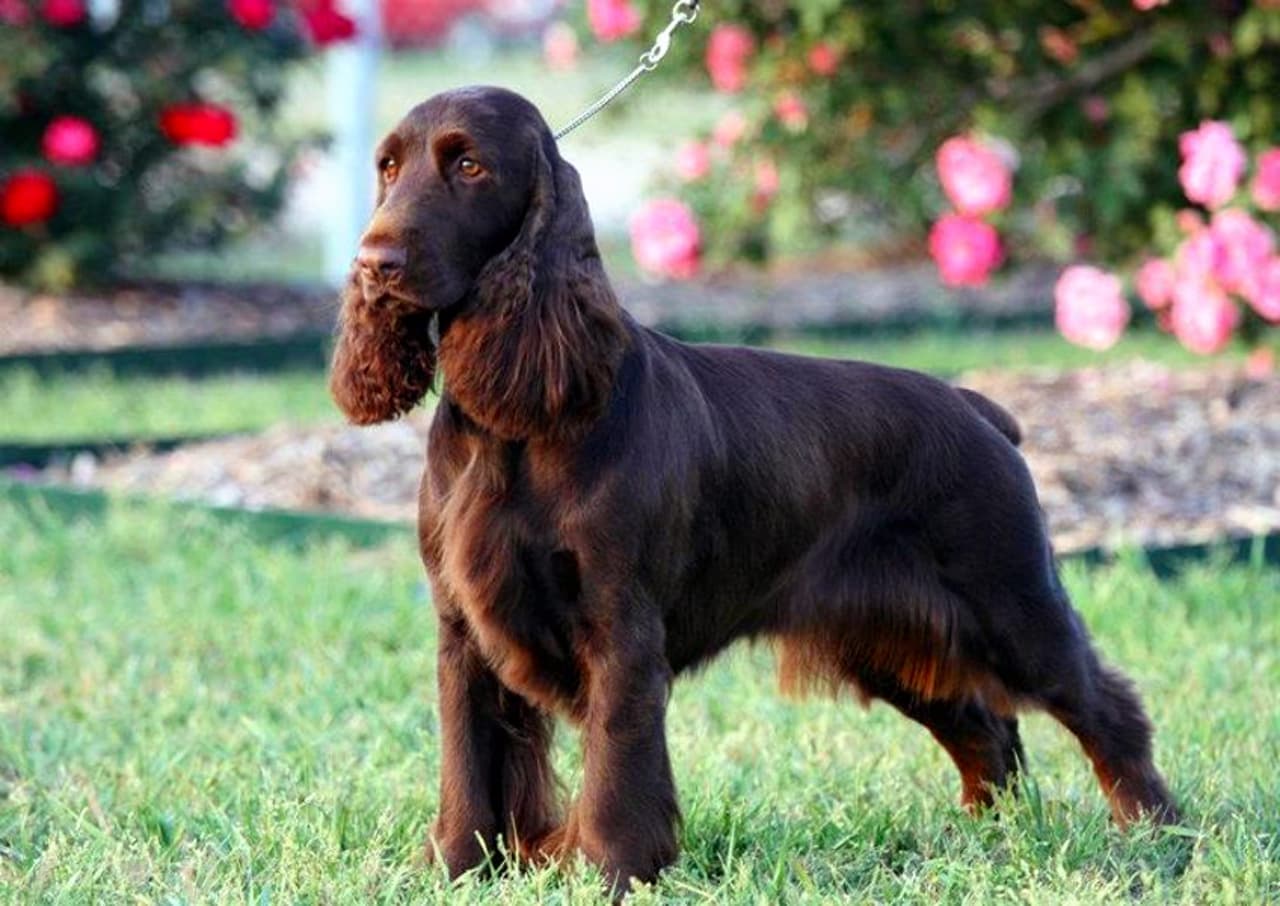
Field Spaniel
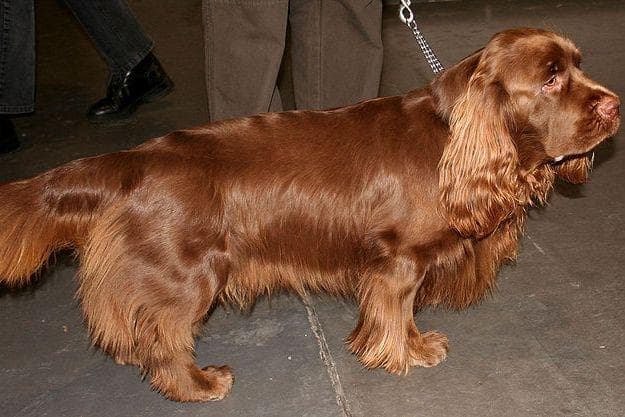
Sussex Spaniel
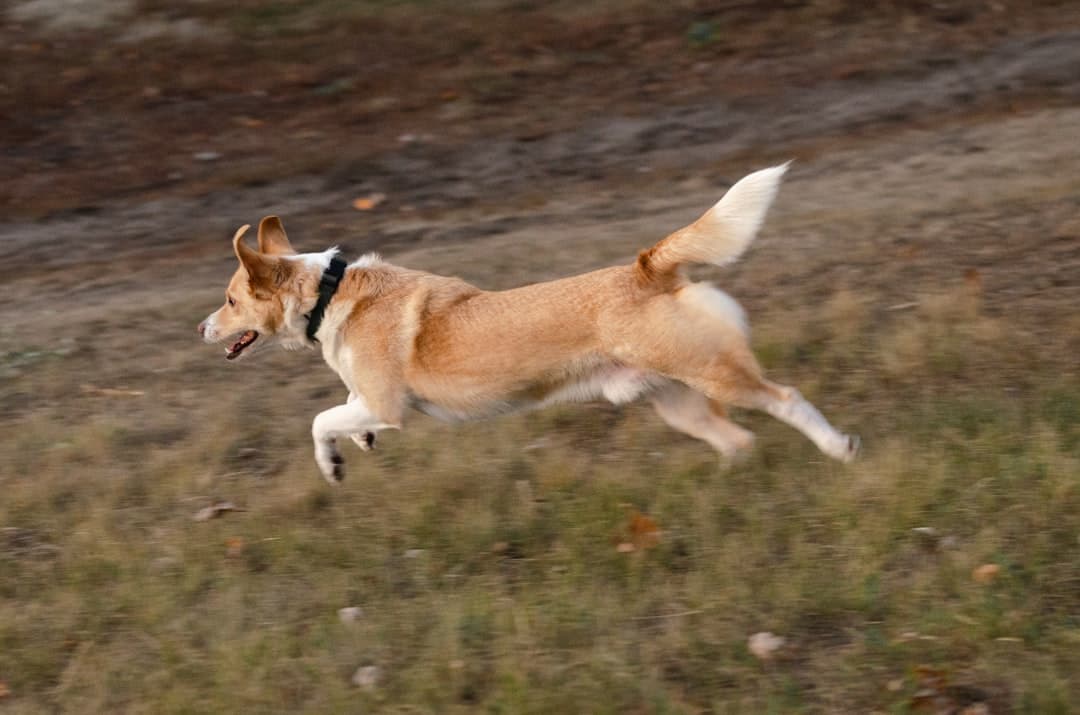
Welsh Springer Spaniel

English Springer Spaniel

English Cocker Spaniel
Water-Loving Spaniels
Bred specifically for waterfowl hunting, these spaniels have water-resistant coats and webbed feet. They love swimming and excel in water retrieval.
Toy & Companion Spaniels
These smaller spaniels were bred purely as companions and lap dogs. They retain the sweet spaniel temperament in a more portable, apartment-friendly size.

Papillon

Cavalier King Charles Spaniel

Japanese Chin
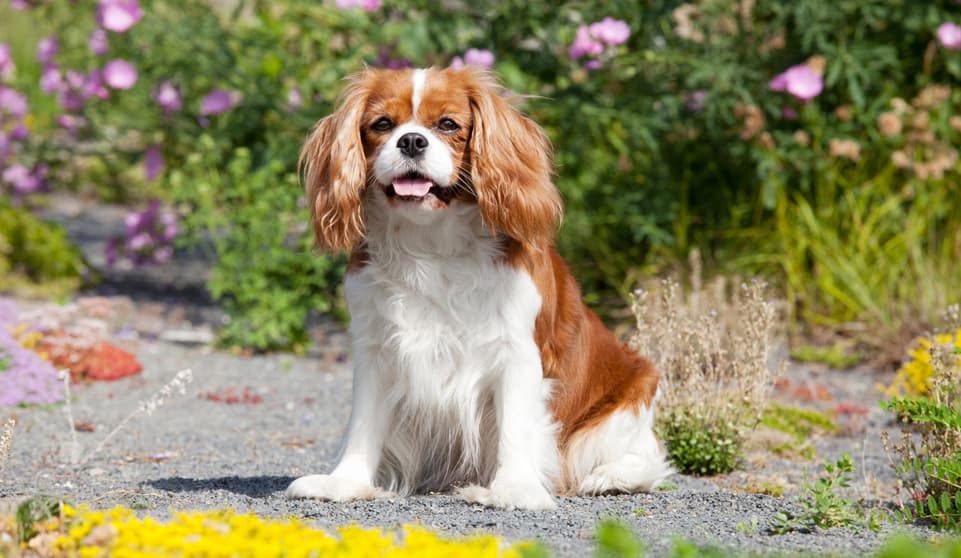
King Charles Spaniel

Tibetan Spaniel
Most Popular Spaniel Breeds
Cavalier King Charles Spaniel
The Cavalier is the most popular toy spaniel breed. With their sweet expressions, gentle nature, and adaptable temperament, they make perfect companions for families, seniors, and first-time dog owners. Despite their royal heritage, Cavaliers are unpretentious and friendly with everyone they meet.
Cocker Spaniel
American Cocker Spaniels are beloved for their merry temperament and beautiful, flowing coats. Originally bred as hunting dogs, modern Cockers are primarily family companions who retain their sporting heritage's enthusiasm and energy. They're excellent with children and adapt well to various living situations.
English Springer Spaniel
English Springers are versatile sporting dogs that excel in the field and at home. They're energetic, intelligent, and eager to please, making them popular for both hunting and family companionship. Springers need plenty of exercise but reward active families with unwavering loyalty and enthusiasm.
English Cocker Spaniel
Slightly larger than their American cousins, English Cockers maintain stronger hunting instincts. They're energetic, merry dogs that thrive with active families. Their beautiful coats and expressive eyes make them stunning companions, while their intelligence makes training a joy.
Caring for Spaniel Breeds
Grooming Requirements
Most spaniels require regular grooming due to their long, silky coats. Expect to brush your spaniel several times weekly to prevent matting, especially around the ears, chest, and legs. Professional grooming every 6-8 weeks helps maintain coat health. Pay special attention to ear care, as spaniels' long, floppy ears can be prone to infections.
Exercise Needs
Exercise requirements vary by spaniel type. Sporting spaniels like English Springers and Cockers need substantial daily exercise - at least an hour of active play or walks. Toy spaniels like Cavaliers are more moderate, content with shorter walks and indoor play. All spaniels enjoy mental stimulation through training and interactive games.
Training & Socialization
Spaniels are typically eager to please and intelligent, making them relatively easy to train. Use positive reinforcement methods, as spaniels can be sensitive to harsh corrections. Early socialization is important to ensure your spaniel grows into a confident, well-adjusted adult. Many spaniels excel in dog sports like agility, obedience, and of course, field trials.
Health Considerations
Spaniels can be prone to certain health issues depending on the breed. Ear infections are common due to their floppy ears. Some breeds are susceptible to eye problems, hip dysplasia, or heart conditions. Choose reputable breeders who health test their breeding dogs. Regular vet checkups help catch issues early.
Frequently Asked Questions About Spaniel Breeds
What are spaniel breeds?
Spaniel breeds are a group of dogs originally bred for hunting, particularly for flushing game birds from cover. They're characterized by their silky coats, expressive eyes, and gentle, affectionate temperaments. Spaniels range from active hunting dogs like English Springer Spaniels to toy breeds like Cavalier King Charles Spaniels.
What types of spaniels are there?
Spaniel breeds are typically divided into three categories: Land/Hunting Spaniels(English Springer, Cocker Spaniel, Field Spaniel) for flushing game; Water Spaniels(Irish Water Spaniel, American Water Spaniel) for waterfowl hunting; and Toy/Companion Spaniels (Cavalier King Charles, King Charles Spaniel) bred purely as companions.
What is a spaniel dog?
A spaniel dog is a member of the spaniel breed group, characterized by long, silky coats, floppy ears, and gentle dispositions. Spaniels were originally bred as hunting dogs to flush game from cover, but many modern spaniels are primarily family companions. They're known for their affectionate nature, intelligence, and adaptability.
Are spaniels good family dogs?
Yes! Most spaniel breeds make excellent family dogs. They're generally gentle, affectionate, and good with children. Cavalier King Charles Spaniels are particularly known for their sweet temperaments and adaptability. However, active hunting spaniels like English Springers need substantial exercise to stay happy and well-behaved.
Do spaniels require a lot of grooming?
Yes, most spaniel breeds require regular grooming due to their long, silky coats. Expect to brush your spaniel several times weekly to prevent matting, especially around the ears and legs. Professional grooming every 6-8 weeks is recommended. Pay special attention to ear care, as spaniels' floppy ears can be prone to infections if not kept clean and dry.

